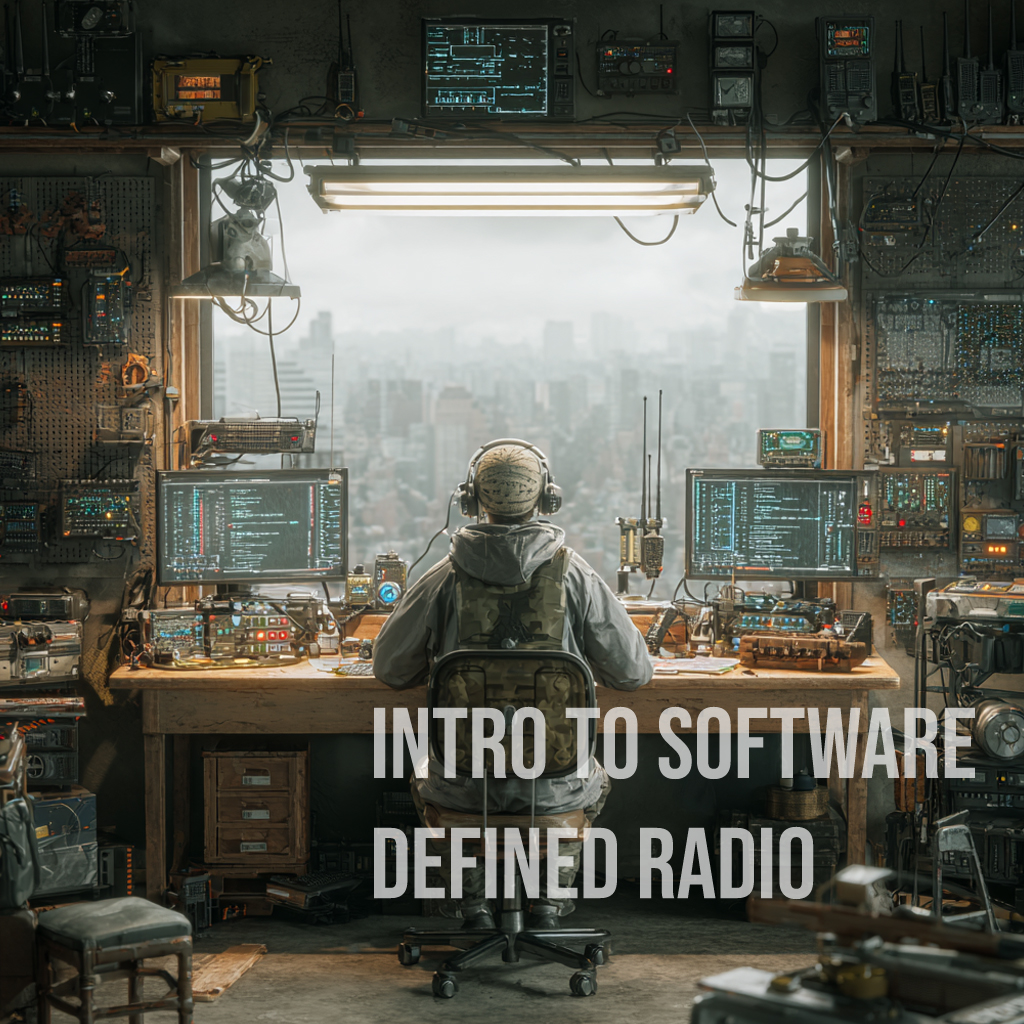Course Content
1.0 OVERVIEW
You don't currently have access to this content
2.0 RF THEORY
You don't currently have access to this content
3.0 SDR THEORY
You don't currently have access to this content
4.0 INSTALLING DRIVERS ON WINDOWS
You don't currently have access to this content
5.0 SDR ++ BASICS
You don't currently have access to this content
6.0 SIGNAL HUNTING IDENTIFICATION
You don't currently have access to this content
7.0 SDR TRUNKING
You don't currently have access to this content
8.0 SDR ANGEL BASICS
You don't currently have access to this content
8.1 SDR ANGEL DSD VOICE
You don't currently have access to this content
9.0 UNIVERSAL RADIO HACKER REPLAY
You don't currently have access to this content



